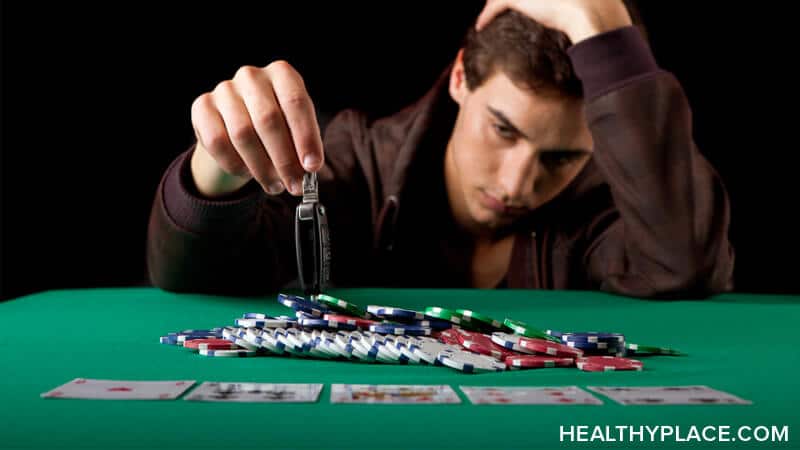
Gambling and drug addiction are two prevalent issues that often go hand in hand, leading to detrimental consequences for individuals and their loved ones. Both activities can be highly addictive and have the potential to ruin lives. In this essay, we will explore the relationship between gambling and drug addiction, examining how they are interconnected and the underlying factors that contribute to their co-occurrence.
Gambling in Tennessee
Gambling is the act of risking money or something of value on an uncertain outcome with the hope of winning more money or material goods. It involves placing a bet or wager on an event or game where the result is uncertain, and the outcome is typically determined by chance. Gambling can take many forms, including casino games, sports betting, lottery tickets, and online gaming. While some people enjoy gambling as a form of entertainment, it can also lead to addiction and financial problems if not done responsibly. It’s important to gamble within your means and to be aware of the potential risks involved.
In Tennessee, like in many other states, gambling addiction is a serious issue that affects individuals and families. While specific statistics may vary, it is estimated that around 2-3% of the adult population has a problem with gambling.
Gambling and Drug Addiction
Gambling and drug addiction are both forms of behavioral addiction that can have serious consequences for individuals and their families. Research has shown that there is a strong correlation between the two, with individuals who are addicted to drugs being more likely to develop a gambling addiction, and vice versa. This essay will delve into the reasons behind this relationship, exploring the similarities in the brain mechanisms that underlie both addictions, as well as the environmental and psychological factors that contribute to their development.
How Are Drug Addiction and Gambling Alike?
One of the main reasons for the relationship between gambling and drug addiction is the similar way in which they affect the brain. Both activities trigger the release of dopamine, a neurotransmitter that is associated with pleasure and reward. This flood of dopamine reinforces the addictive behavior, making individuals more likely to engage in it repeatedly. Over time, this can lead to a tolerance to the substance or activity, requiring higher levels of stimulation to achieve the same pleasurable effects.
Furthermore, individuals who are predisposed to addiction may be more likely to develop both a gambling and drug addiction. This could be due to genetic factors that make them more susceptible to addictive behaviors, as well as environmental influences such as exposure to substance abuse or gambling at a young age. Additionally, individuals with underlying mental health issues, such as depression or anxiety, may turn to gambling or drugs as a way to cope with their symptoms, leading to the development of an addiction.
For example, a study conducted by the National Council on Problem Gambling found that individuals with a gambling addiction were more likely to have a co-occurring substance use disorder, highlighting the strong link between the two behaviors. Similarly, research has shown that individuals with a drug addiction are at a higher risk of developing a gambling addiction, as the two behaviors often co-occur in individuals seeking an escape from reality or a way to numb their emotions.
In Conclusion
In conclusion, the relationship between gambling and drug addiction is a complex and multifaceted issue that involves a combination of biological, psychological, and environmental factors. Both addictions share similarities in the way they affect the brain and can be triggered by a variety of underlying issues, such as genetic predisposition, mental health issues, and exposure to addictive behaviors. It is crucial for individuals struggling with addiction to seek help and support in order to overcome these destructive behaviors and regain control of their lives. By understanding the interconnected nature of gambling and drug addiction, we can work towards developing more effective prevention and treatment strategies to address these pervasive issues in our society.
Treatment for Substance Abuse and Gambling
Magnolia Ranch Recovery’s comprehensive addiction treatment programs provide extensive support to people struggling with gambling and substance abuse. Our programs for co-occurring conditions use individualized treatment plans and evidence based clinical modalities to treat both the substance abuse and gambling issues. Because the two conditions effect the brain in the same way, the same measures are used in treating them both.
Common approaches for treating both gambling and substance abuse include group therapy and individual sessions with a counselor. Common modalities we use at Magnolia Ranch Recovery include: CBT, DBT, ACT and more.
If you or someone you know is struggling with a problem with gambling or substance abuse, give us a call today. We are here to help you and we’ve got a proven track record of success.


















